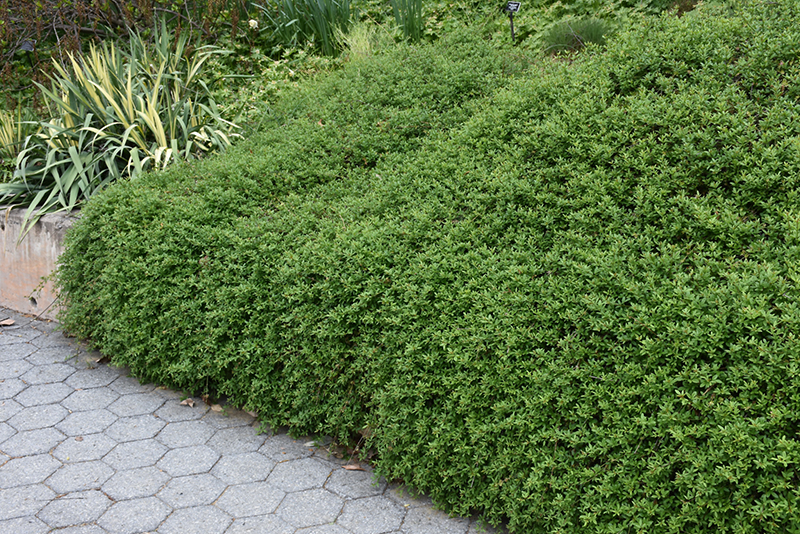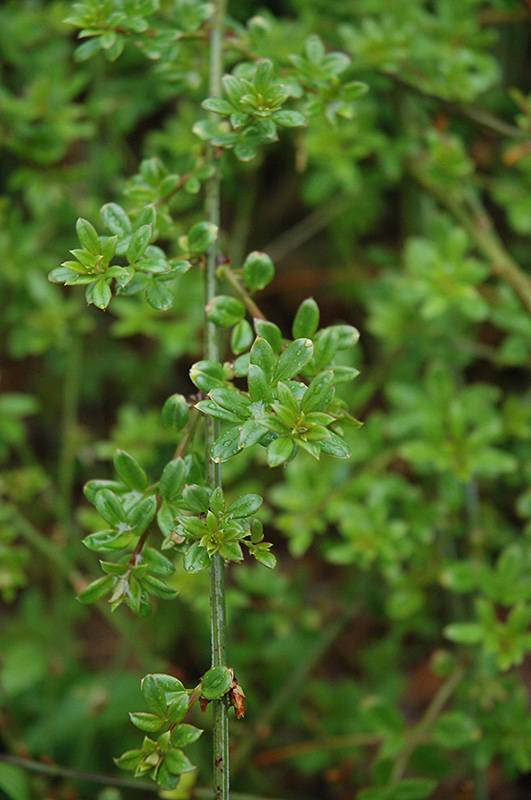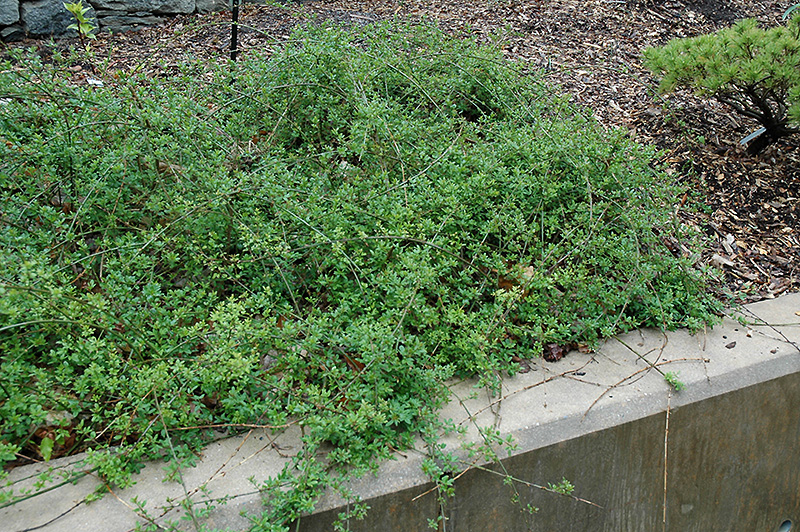
PLANT FINDER
Height: 4 feet Spread: 10 feet
Sunlight:
Hardiness Zone: 5 Other Names: Jasminum sieboldianum, Weeping Jasmine Description: Weeping habit perfect for walls, trellises and pergolas; a low maintenance shrub but proper fertilizing and pruning maximize blooming; incredible display of small yellow scentless flowers in winter before leafing out "Riverbend Nurseries' Tried & True" When you see the "Riverbend Nurseries' Tried & True" label, you can rest assured that our experts have determined that this plant is especially well-adapted to thrive in Middle Tennessee! Many (but not all) "Tried & True" plants are native to our area. Ask us for tips on how to plant, water, & care for your new plant! Ornamental Features Winter Jasmine is covered in stunning yellow star-shaped flowers along the branches from late winter to early spring, which emerge from distinctive burgundy flower buds before the leaves. The flowers are excellent for cutting. It has emerald green deciduous foliage. The small oval leaves do not develop any appreciable fall color. Landscape Attributes Winter Jasmine is a dense multi-stemmed deciduous shrub with a mounded form. Its relatively fine texture sets it apart from other landscape plants with less refined foliage. This is a relatively low maintenance shrub, and should only be pruned after flowering to avoid removing any of the current season's flowers. It has no significant negative characteristics. Winter Jasmine is recommended for the following landscape applications; Planting & Growing Winter Jasmine will grow to be about 4 feet tall at maturity, with a spread of 10 feet. It tends to fill out right to the ground and therefore doesn't necessarily require facer plants in front. It grows at a medium rate, and under ideal conditions can be expected to live for approximately 30 years. This shrub should only be grown in full sunlight. It does best in average to evenly moist conditions, but will not tolerate standing water. It is not particular as to soil type or pH. It is somewhat tolerant of urban pollution. Consider applying a thick mulch around the root zone over the growing season to conserve soil moisture. This species is not originally from North America.![]()
![]()
![]()
![]()
![]()
![]()
![]()
![]()



